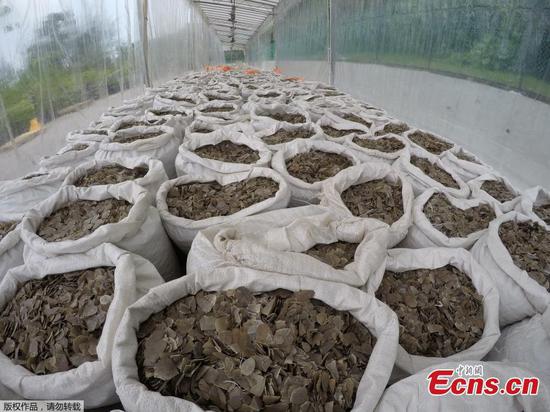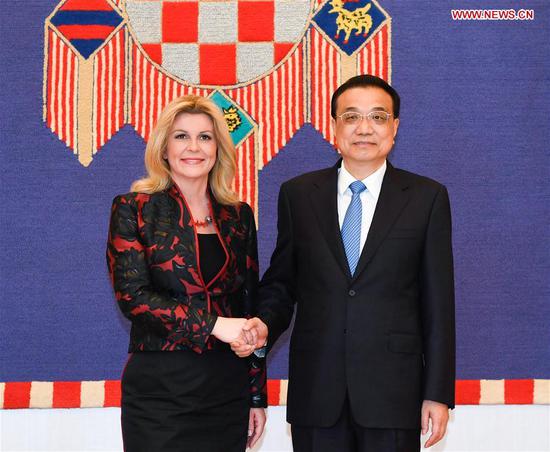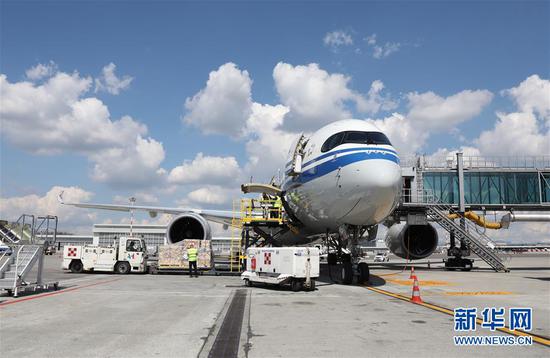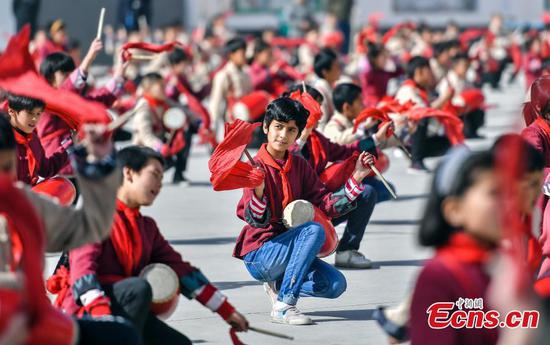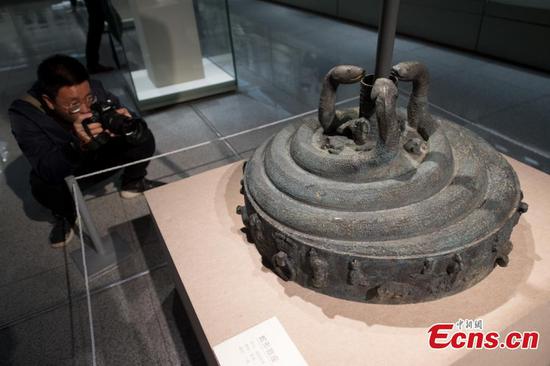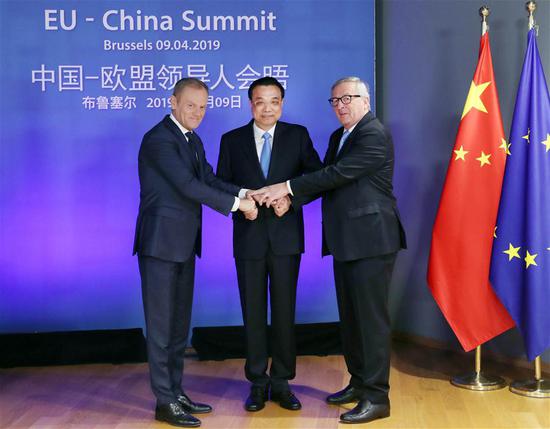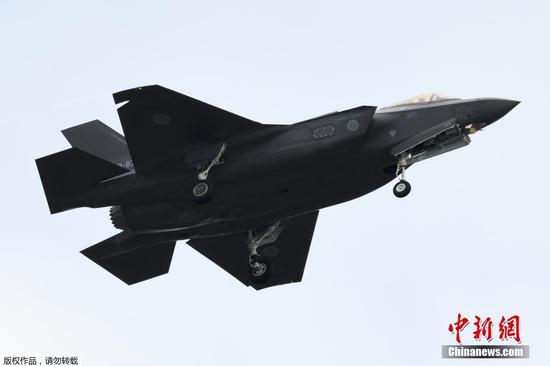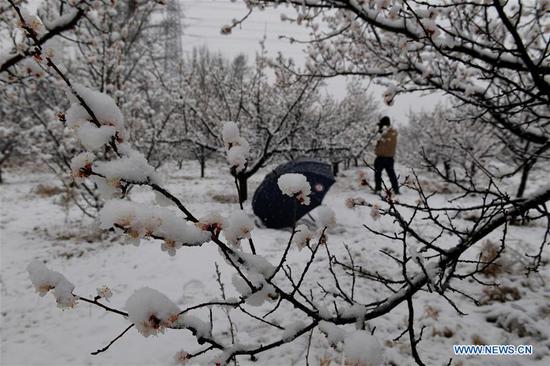Many see overtime as normal in pursuit of success
Working overtime has been common for employees in China's internet sector for many years, but debate about the practice heated up recently after a blacklist of technology companies that push their staff to follow a "996" schedule went viral online.
The blacklist is said to have been compiled by current and former employees of technology companies. As of Monday, 84 Chinese companies were on the blacklist, which claims employees are forced to follow a "996" schedule, under which work begins at 9 am and finishes at 9 pm, six days a week.
The blacklist includes most of the big names in China's technology sector - Baidu, Alibaba, Tencent, JD.com and ByteDance, which is known for its popular short-video platform Tik Tok.
"If it's a 'work more, pay more' model, I'd be a lot more willing to follow the '996' schedule. But the truth is, not every company is run that way. That's why many people complain," a software developer working in a gaming company based in Hangzhou, East China's Zhejiang Province, told the Global Times on Wednesday.
The online complaints and discussions also come amid young people's changing attitudes toward life and work, and rising rights protection awareness. With improved living standards, more Chinese people have adopted a "work hard, play hard" lifestyle, compared with the older generations' "work to live" mind-set. While working hard, they are calling for more holidays, and believe holidays are their rights.
"But we don't know who we should resort to when it comes to all these holidays and payment issues, so we resort to the internet," the developer said.
"Sometimes when projects come along, I work seven days a week, I sometimes even sleep at the office," the developer said. "I'm a game lover and I like my job, but I think I'm underpaid."
Industry analysts noted that the hours required by the "996" model exceed the limits established in China's Labor Contract Law. The culture of overtime is connected to the characteristics embedded in Chinese people - who are hard-working, diligent, willing to sacrifice their interests to achieve group goals and desirous of success.
"Companies in the technology sector often pay higher salaries than other industries, so it's reasonable that you have to work more than those who earn less," an employee surnamed Song, who's worked as a project manager in Alibaba for two years, told the Global Times on Wednesday.
Song said she does indeed follow the "996" schedule. But when she finishes a project with her team, "the sense of achievement is worth everything."
"For me, although money matters, my top priority is that I have to learn new things and improve myself through this job - which could lead to better things for me. Overtime is just something normal in the industry," Song said. "Competition is fierce."
Huawei, which is known for its "wolf culture", encourages employees to work aggressively and follow rigorous discipline, and many believe that is what has led to its success today.
Cultural issue
Industry insiders said that working hard and striving to excel isn't just something companies do - individuals in China do it too. People are willing to sacrifice some of their personal lives to achieve career success. This might be quite different and hard to be understood in European countries.
Shen Jianfeng, vice director of the Law Institute of China University of Labor Relations, said beyond China, most people in other East Asian countries such as Japan and South Korea would not consider overtime as a "serious issue" due to cultural elements.
Shen noted trade unions in China should indeed play an active role in safeguarding the rights and interests of workers. Consulting, supervision and rights protection are all effective measures to regulate the issue of overtime.
"Working overtime in the internet sector is a global phenomenon, and labor unions around the world have also been actively seeking more ways to better protect workers' rights amid an industrial upgrading," Shen said.










